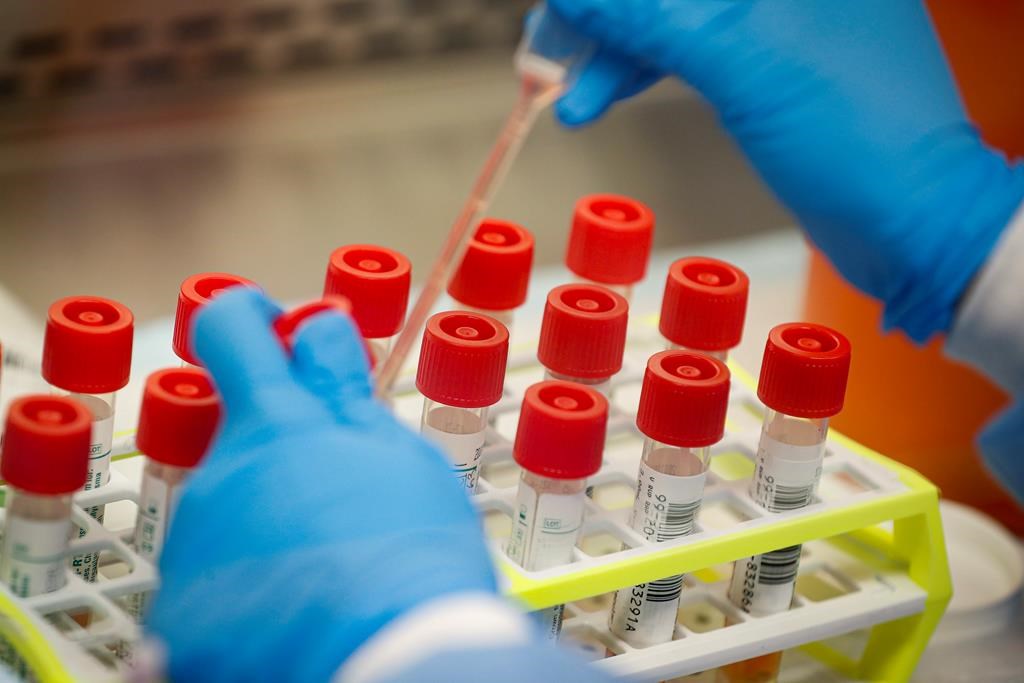Saskatchewan reported six new cases of the novel coronavirus on Saturday, bringing the provincial total to 777.

Health officials say all new cases are in the far north.
Active cases have taken a small dip after seven more people recovered from the virus, bringing total recoveries to 661.
There are 103 active cases in the province, down from 105 on Friday, which marked the highest level of active cases in a month.
The majority of the active cases — 56 — are in the far north, with 35 in the south region, eight in Saskatoon and four in the north. There are no active cases in Regina or the central region.
Six people are in hospital — three in the north, one in Saskatoon and one in the south. One person in Saskatoon is in intensive care.
Thirteen people have died in Saskatchewan due to COVID-19.
Coronavirus breakdown

Get weekly health news
Here is a breakdown of total Saskatchewan cases by age:
- 113 people are 19 and under
- 266 people are 20 to 39
- 247 are 40 to 59
- 130 people are 60 to 79
- 21 people are 80 and over
Females make up 51 per cent of the cases, males 49 per cent.
Officials said 472 cases are linked to community contact or mass gatherings, 163 are travel-related, 103 have no known exposure and 39 are under investigation by public health.
Saskatchewan has completed 64,161 tests so far for the virus, up 1,045 from Friday. Saturday marks the third-highest day for testing.
The other times the province performed over 1,000 tests within a 24-hour period was on April 9 with 1,051 tests and March 22 with 1,348 tests.
Questions about COVID-19? Here are some things you need to know:
Symptoms can include fever, cough and difficulty breathing — very similar to a cold or flu. Some people can develop a more severe illness. People most at risk of this include older adults and people with severe chronic medical conditions like heart, lung or kidney disease. If you develop symptoms, contact public health authorities.
To prevent the virus from spreading, experts recommend frequent handwashing and coughing into your sleeve. They also recommend minimizing contact with others, staying home as much as possible and maintaining a distance of two metres from other people if you go out. In situations where you can’t keep a safe distance from others, public health officials recommend the use of a non-medical face mask or covering to prevent spreading the respiratory droplets that can carry the virus.
For full COVID-19 coverage from Global News, click here.















Comments